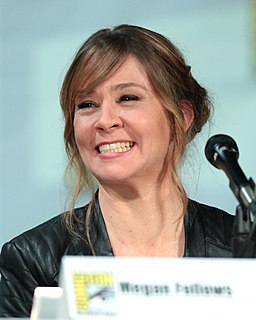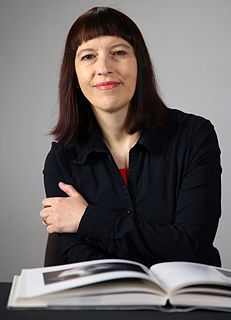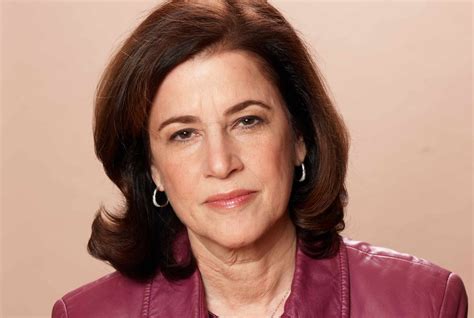A Quote by Megan Follows
I have two children myself. I always laugh; they have you playing mothers pretty early, us women. You look at the television, the mothers get younger and younger, and the children get older and older, and you start to wonder when these people had these children. Were they breeding when they were 12?
Related Quotes
Ideas about mothers have swung historically with the roles of women. When women were needed to work the fields or shops, experts claimed that children didn't need them much. Mothers, who might be too soft and sentimental, could even be bad for children's character development. But when men left home during the Industrial Revolution to work elsewhere, women were "needed" at home. The cult of domesticity and motherhood became a virtue that kept women in their place.
I turn 30 next month, and in my 20s, I've been in this limbo of being too old to play the young lead, and too young to play the 30, 35 - year - old. I've always had an older head on my shoulders because I've hung out with older people. I was in television shows with older actors, and when I was 15, 16, 17, I sat up in hotel lobby bars with older actors until the early hours of the morning hearing them tell stories. I've always been drawn to older characters and I've always struggled to get into the younger roles. It feels good to be finally getting to an age where I'm playing my age.
Most of us in the baby-boom generation were raised by full-time mothers. Even as recently as 14 years ago, 6 out of 10 mothers with babies were staying at home. Today that is totally reversed. Does that mean we love our children less than our mothers loved us? No, but it certainly causes a lot of guilt trips.
I'm not saying that all women are blameless - all women are not. There are women with despicable characters who are cruel and terrible and some of them are mothers. But why do we blame our mothers more than our fathers? We let our fathers get away scot-free. We hardly even knew who they were in many cases, given the way this culture raises kids, and they may have been quite cruel. They may even have raped us as children, but even if they raped us, we will blame our mothers for not protecting us instead of blaming our fathers who actually did it.
When a man is forced into early retirement, he is often being 'given up for a younger man.' Being forced into early retirement can be to a man what being 'given up for a younger woman' is for a woman... Why do many men get more upset by retirement than women do from the empty nest when their children leave home? When females retire from children, they can try a career; when a man retires from a career, his children are gone.
In a famous Middletown study of Muncie, Indiana, in 1924, mothers were asked to rank the qualities they most desire in their children. At the top of the list were conformity and strict obedience. More than fifty years later, when the Middletown survey was replicated, mothers placed autonomy and independence first. The healthiest parenting probably promotes a balance of these qualities in children.




































